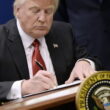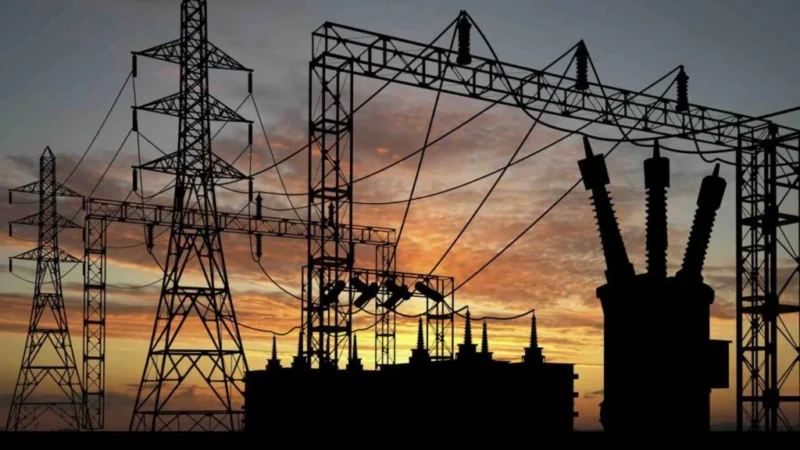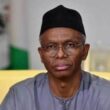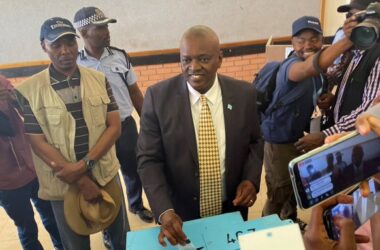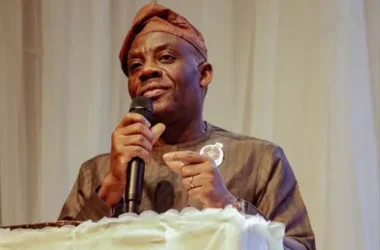The Federal Government has informed Nigerians to prepare for an increase in electricity tariffs in the coming months. This development was disclosed by President Bola Tinubu’s Special Adviser on Energy, Olu Verheijen, during an interview in Dar es Salaam, Tanzania.
Verheijen was attending a World Bank-backed conference where Nigeria presented a $32 billion plan to expand electricity access by 2030. Out of this amount, $15.5 billion is expected to come from private investors, while the remaining funds will be sourced from public entities, including the World Bank and the African Development Bank.
The adviser noted that Nigeria’s electricity prices must rise by about two-thirds for many customers to reflect the actual cost of supply. She explained that increasing tariffs is necessary to maintain and improve the country’s power infrastructure, ensuring a more reliable electricity supply.
Additionally, higher tariffs are essential to attract private investment in power generation and distribution.
“One of the key challenges we’re looking to resolve over the next few months is transitioning to a cost-efficient but cost-reflective tariff,” Verheijen stated.
She also noted that this adjustment is required to generate enough revenue for the power sector while still protecting low-income households through subsidies.
The push for tariff increases comes as Nigeria’s electricity distribution companies, burdened by debt, seek cost-reflective pricing to improve their financial stability.
Although the country privatized its electricity generation and distribution sector in 2013, the prices set by the Nigeria Electricity Regulatory Commission (NERC) still do not cover the full cost of supply. Government subsidies help bridge the gap, but profitability remains a major challenge for operators.
Verheijen stressed the need for substantial investment in Nigeria’s power sector to achieve its long-term development goals. She revealed that despite having an installed power capacity of 14 gigawatts, only 8 gigawatts can be transmitted nationwide, and just 4 to 5 gigawatts actually reach homes and businesses.
To address these issues, the government has partnered with Siemens AG on a $2.3 billion project aimed at improving transmission and distribution networks. Additionally, more than 7 million Nigerians in rural areas have gained access to electricity through decentralized renewable energy projects.
“Your energy policies have to be closely linked with your own ambition for your country,” Verheijen said. “Our own ambition is to be a $1 trillion economy in five years and to move to an upper-middle-income country in 25 years.”
Nigeria’s current gross domestic product stands at just under $200 billion, according to the International Monetary Fund.



